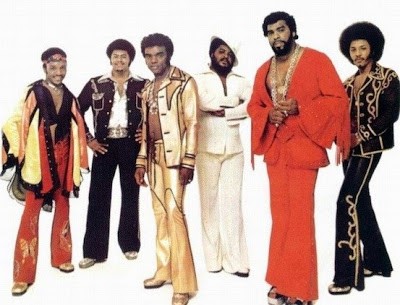
Questions and Observations
At the end of reading an Ian Seed prose poetry piece you will very likely want to ask a question. Very often you will need to ask a question. At other times you are quite simply learning: that you can swat flies dead with a Russian novel, probably Crime and Punishment or Dead Souls – and probably paperbacks if they have been pulled from a rucksack – but you mustn’t use insect spray without first anticipating its trajectory and destination.
Other times at the end of reading an Ian Seed prose poetry piece you can be surprised by the sudden tenderness shown or taken in by a sense of fear that you have been told is ridiculous but gets you scared all the same. It is the crying and what happened at childhood.
The joy of an account like Tunnel.
And who would have thought that being free would cause so much anxiety?
Shining shining a light on melancholy and karma.
One question I have to ask about another train journey is should I feel bad when I smiled at that first joke about dementia – I’m sure it was a joke – especially when later on I was taken to her more painful reality?
I once had a girlfriend called Jane and she walked right past me in Ipswich when she was my girlfriend.
Is poet P. a real person and would I know her/him if they sat next to me having a haircut too this Friday?
Wir haben deinen Ring gefunden.
And how Abuse resonates beyond those borders of real and unreal, imagined and experienced: how storytelling is magical and disturbing in these talented hands.
The first two sentences of Translator is a great joke.
The German football team was dumped out of the World Cup this evening and didn’t show any of the defiance that man at the cinema did in Verboten.
Was it Peggy Mitchell?
Bad Breath is brilliant.
I am assuming the poet P. is not the Scottish poet Alan Jackson who may or may not have had a first collection Underwater Wedding.
And at the end I think distances is a good way of summing up all those uncertainties we as readers might want to reduce to knowns with our questions when we realise that they stretch out into both lament – by our being on the other side of them – but also into Ian Seed’s trademark intrigue – by our being on the other side of them.
I am a big fan and highly recommend you get it here at this excellent press.









